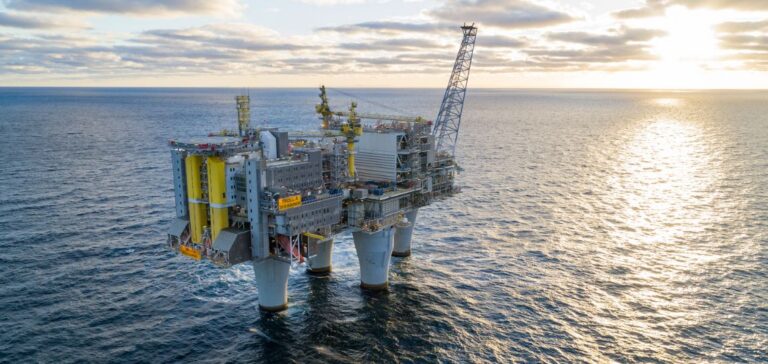TotalEnergies has informed Petroleum Agency SA of its intention to withdraw from the 11B/12B project, an offshore gas field off the south coast of South Africa. This decision comes after years of fruitless negotiations concerning the marketing of extracted gas. The lack of agreement on prices led to the discussions being halted, despite the significant potential of these deposits discovered in 2019.
Economic consequences
TotalEnergies ‘ withdrawal is a major blow for South Africa, which was counting on this project to revitalize the Mossel Bay liquid gas refinery. The country, which is seeking to diversify its energy mix by relying too heavily on coal, has seen its plans disrupted by this withdrawal. This situation could slow down efforts to reduce dependence on traditional fossil fuels and stabilize energy supplies.
Regional competition
While TotalEnergies withdraws, its investments in the region continue to grow, particularly in Namibia, where the Orange Basin has revealed promising discoveries. In partnership with QatarEnergy, Shell and Galp, TotalEnergies is actively exploring the area, diverting resources and investment that could have benefited South Africa.
Prospects and opportunities
Although TotalEnergies has not yet submitted a formal request to withdraw its production rights, the announcement is already having an impact. Other players in the sector may consider taking over the project, but the ability to secure a market for gas remains a major challenge. South Africa will need to attract new investors and partners to compensate for this loss and make progress towards its energy objectives.
Market impact
This decision could also influence the dynamics of the regional gas market, redirecting interest and investment to areas deemed more profitable. TotalEnergies’ withdrawal underlines the importance of a clear strategy for the commercialization of gas resources to ensure the economic viability of energy projects in South Africa.
TotalEnergies’ withdrawal from the 11B/12B gas field raises questions about South Africa’s long-term energy strategy. The country’s ability to attract new investment and secure partnerships will be key to overcoming this setback and stabilizing its energy sector.






















